
Our Research Initiative

Doing the research today to progress the treatments of tomorrow.
About Our Research Initiative
We are a passionate group of clinician-scholars who believe that excellence in mental health research is essential to advance our fields and to improve the lives of our clients. Based on that conviction, we invest our resources, time, and talents into identifying areas of mental health that are understudied. We then develop and conduct original research studies to increase the scientific and professional knowledge in these areas. Our publications and presentations inform excellence in client care and help to develop highly effective treatment protocols to enhance clinical knowledge and practice with the ultimate aim of improving the lives of people struggling with mental illness.

Our Research Center Team
Current Research Projects
Eating Disorder Research: The research team is currently examining whether an Etiological Risk Therapy (ERT) is more effective for the treatment of eating disorders compared to a treatment as usual approach. Etiological therapy consists of a 26-week program which helps clients to address the etiological risk factors which contribute the onset or maintenance of eating disorders. Program content includes 26 weekly 1-hour individual therapy sessions and weekly homework exercises. The integrative therapeutic approach combines components of cognitive behavioral therapy, dialectical behavioral therapy, interpersonal psychotherapy, psychoeducation, feminist and sociocultural therapy, dissonance-based therapy, acceptance and commitment therapy, motivational interviewing, and intuitive eating to address the most well-established risk factors for eating disorder development, onset, and maintenance. Risk factors addressed in the program include maladaptive social comparison, a diffuse sense of self, low self-esteem, depression, anxiety, body dissatisfaction, trait self-objectification, internalization of sociocultural appearance standards, perfectionism, dietary restriction, food rules, fat bias, and a high need for control.
Previous Research Projects
Eating Disorders and Cardiac Risks
We have examined cardiac risk factors among clients with eating disorders in several projects. We have identified that binge behavior and inconsistent nutrition contribute to a shift in the autonomic nervous system of the body toward more of a “rest and digest” state and that this is associated with low heart rate, low blood pressure, and decreased contractile force of the heart. Please see the papers below if you are interested in our publications in this area
-

Green, M. A., Miles, L., Sage, E., Smith, J., Carlson, G., Hogan, K., Bogucki, J., Ferenzi, L., Harman, E., Tao, Y., Peng, Y., Roche, A. I., Bollenbaugh, M. A., Weinkes, CGarrison, Y., & Eihlers, S. (2020). Cardiac biomarkers of disordered eating as a function of diagnostic subtypes. Eating Behaviors, 39, Article 101425. https://doi.org/10.1016/j.eatbeh.2020.101425
-

Green, M. A., Herrick, A., Kroska, E., Reyes, S., Sage, E., & Miles, L. (2018). Cardiac risk and disordered eating: A case for decreased mean R wave amplitude. Psychiatry Research, 272, 555-561. doi: 10.1016/j.psychres.2018.12.162.
-

Green, M. A., Rogers, J., Martin, A., Hudson, D., Fernandez-Kong, K., Kaza-Amlak, Z., Thimmesch, B., Thorne, T., & Willis, M. (2016). Decreased R wave amplitude in women with bulimia nervosa and women with subclinical binge/purge symptoms. European Eating Disorders Review, 24, 455-459. doi: 10.1002/erv.2463
-
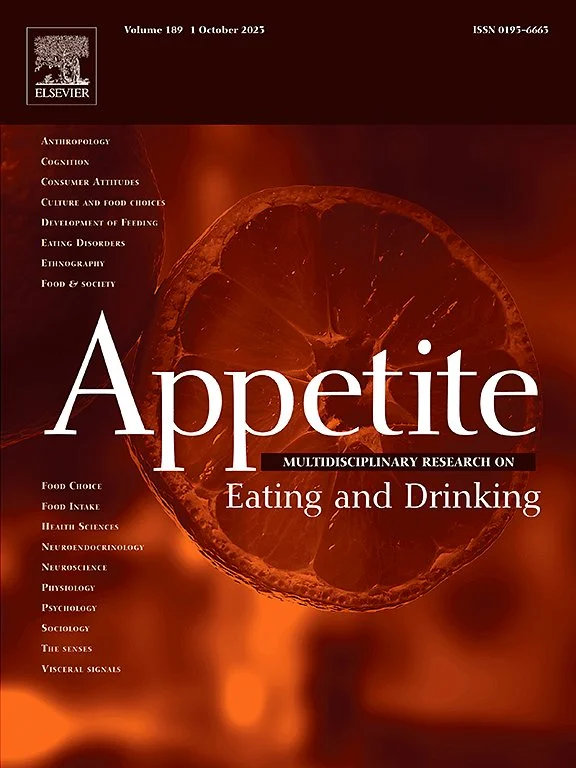
Green, M. A., Hallengren, J. J., Davids, C. M., Riopel, C. M., & Skaggs, K. (2009). An association between eating disorder behaviors and autonomic dysfunction in a nonclinical population: A pilot study. Appetite, 53(1), 139-142.
Prevention and Treatment of Eating Disorders
We have conducted several randomized clinical trials to test the efficacy of a dissonance-based approach for the treatment of eating disorders. This approach prompts clients to participate in statements, activities, and homework exercises which delineate the hazards of eating disorder behaviors. Our findings have indicated that contributes to a significant decrease in eating disorder symptoms and associated risk factors. Please see the papers below if you are interested in this area of research.
-

Green, M. A., Kroska, E., Herrick, A., Bryant, B., Sage, E., Miles, L., Ravet, M., Powers, M., Whitegoat, W., Linkhart, R., & King, B. (2018). A preliminary trial of an online dissonance-based eating disorder intervention. Eating Behaviors, 31, 88-98. doi: 10.1016/j.eatbeh.2018.08.007.
-

Green, M. A., Willis, M., Fernandez-Kong, K., Reyes, S., Linkhart, R., Johnson, M., Thorne, T., Kroska, E., Woodward, H., & Lindberg, J. (2017). A controlled, randomized preliminary trial of a modified dissonance-based eating disorder intervention program. Journal of Clinical Psychology, 17, 1612-1628. doi: 10.1002:jclp.22468.
-

Green, M. A., Willis, M., Fernandez-Kong, K., Reyes, S., Linkhart, R., Johnson, M., Thorne, T., Kroska, E., Woodward, H., & Lindberg, J. (2017). Effect of a dissonance-based eating disorder program on cardiac risk. Health Psychology, 36, 346-355. doi: 10.1037/hea0000438
-
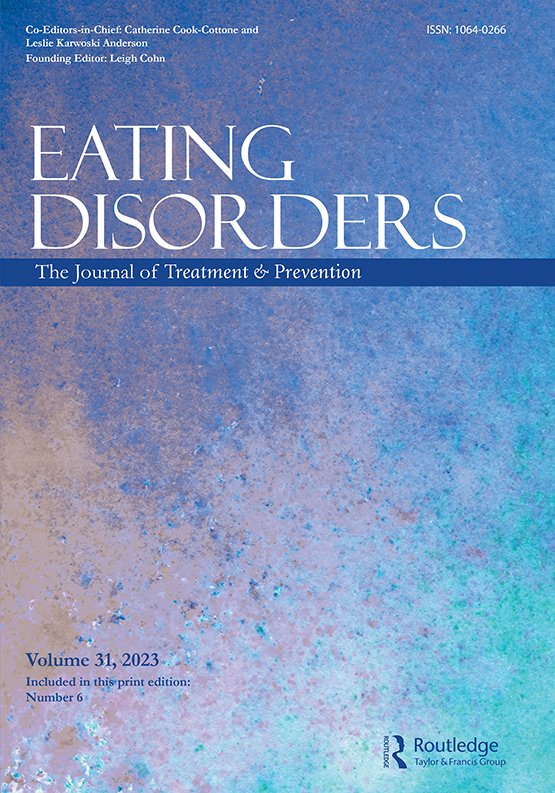
Green, M. A., Scott, N. A., Diyankova, I., Gasser, C. E , & Pederson, E. L. (2005). Eating disorder prevention: An experimental comparison of low level dissonance, high level dissonance, and no treatment control. Eating Disorders: Journal of Treatment and Prevention, 13, 157-169.
Etiological Risk Factors for Eating Disorders
Identifying the sociocultural and psychological factors which contribute to the onset and maintenance of eating disorders has been a critical focus of our work. These factors, once identified, represent targets for treatment. Therefore, understanding the role that these factors play in eating disorder onset and maintenance is critical. Our papers below have examined various etiological risk factors in order to better understand their role in disordered eating and to investigate these factors as potential treatment targets.
-

Green, M. A., Rogers, J., Ohrt, T., Nguyen, C., Blasko, K., & Martin, A. (2016). Attentional bias to weight-related stimuli in disordered eating: Cardiac and affective indicators. Journal of Social and Clinical Psychology, 35(1), 21-44. doi: 10.1521/jscp.2016.35.1.21
-
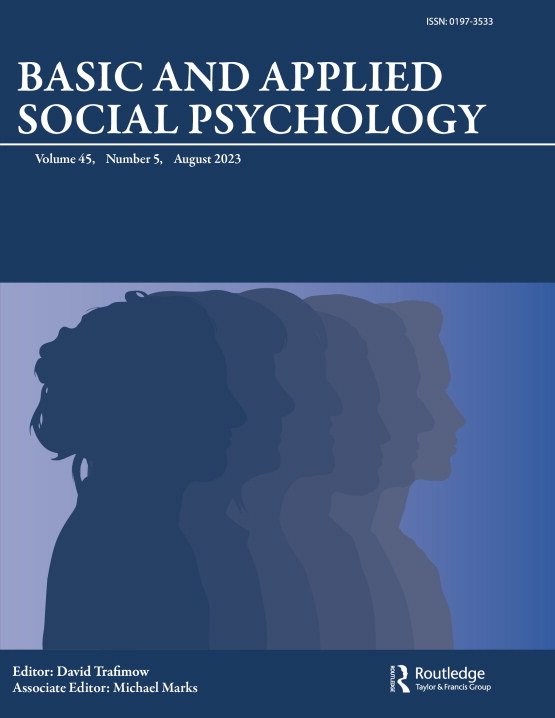
Green, M. A., Ohrt, T., Nguyen, C., Blasko, K., Beauman, B., Sarver, M., Demo, C., Khatiwada, S., Martin, A., Marie, C., & Munson, K. (2014). HR and affective reactions to state self-objectification as a function of gender. Basic and Applied Social Psychology, 36(3), 259-271. doi: 10.1080/10973533.2014.900620
-
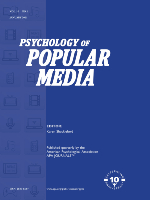
Green, M. A., & Ohrt, T. (2013). Psychophysiological reactions to objectified weight-classified stimuli. Psychology of Popular Media Culture, 2(1), 61-71. doi: 10.1037/a0029922
-

Green, M. A., Read, K. E., Davids, C., Kugler, D., Jepson, A. J., Stillman, A., Fuller, K., & Ohrt, T. (2012). The psychophysiological consequences of state self-objectification and predictors of clothing-related distress. Journal of Social and Clinical Psychology, 31(2), 194-219. doi: 10.1521/jscp.2012.31.2.194
-
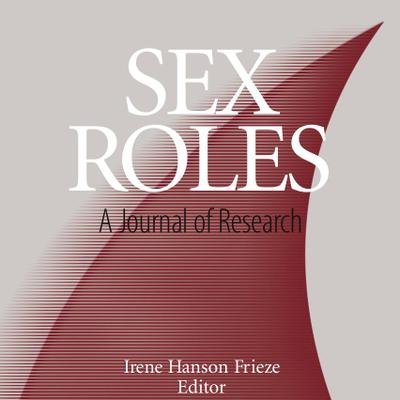
Davids, C. M., & Green, M. A. (2011). A preliminary investigation of body dissatisfaction and eating disorder symptomatology with bisexual individuals. Sex Roles: Special Issue on Body Satisfaction, 65(7), 533-547.
-

Green, M., Kugler, D., Stillman, A., Davids, C., Read, K., Siglin, K.,& Jepson, A. (2011). Feminine norms and disordered eating. In V. R. Preedy, R. R. Watson & C. R. Martin (Eds.), International Handbook of Behavior, Food, and Nutrition (pp. 1897-1910). Springer: New York.
-

Green, M. A., Scott, N. A., Hallengren, J. J., & Davids, C. M. (2009). Depression as a function of eating disorder diagnostic status and gender. Eating Disorders: Journal of Treatment and Prevention, 17(5), 409-421.
-

Green, M. A., Scott, N. A., Cross, S., Yu-Hsin Liao, K., Hallengren, J. J., Davids, C., Carter, L. P., Kugler, D., Jepson, A., & Read, K. (2009). Eating disorders and depression: A minimal relationship beyond social comparison, self-esteem, and body dissatisfaction. Journal of Clinical Psychology, 65(9), 989-999.
-

Green, M. (2009). Femininity and eating disorders. Invited manuscript. Directions in Psychiatry Research.
-

Green, M. A., Davids, C. M., Skaggs, A. K., Riopel, C. M., & Hallengren, J. J. (2008). Femininity and eating disorders. Eating Disorders: Journal of Treatment and Prevention, 16(4), 283-293.
-

Green, M. A., Scott, N. A., DeVilder, E. L., Darr, S., & Zeiger, A. (2006). Relational interdependent self-construal as a function of bulimic symptomatology. Journal of Clinical Psychology, 62(7), 943-951.
-

Green, M. A. (2006). “I’m supposed to look like what?”: The plight of the shrinking American woman. Invited book review. Psychology of Women Quarterly, 30(1),120-121.
Treatment and Prevention Guidelines
Our research efforts have also focused on identifying important guidelines in treatment and prevention activities in order to better inform clinical efforts of the best ways to prevent and treat mental illness. Some of our efforts in this area are outlined below.
-

Enns, C., & Green, M. (2013). Outcomes of oppression: Sociocultural influences on women’s mental health. Invited book review. Sex Roles.
-

Green, M. A. (2018). Feminist perspectives in eating disorders. In Cuzzularo, M., & Fassino, S. (Eds.) Body Image, Eating, and Weight: A Guide to Assessment, Treatment, and Prevention. Springer Nature: New York.
-
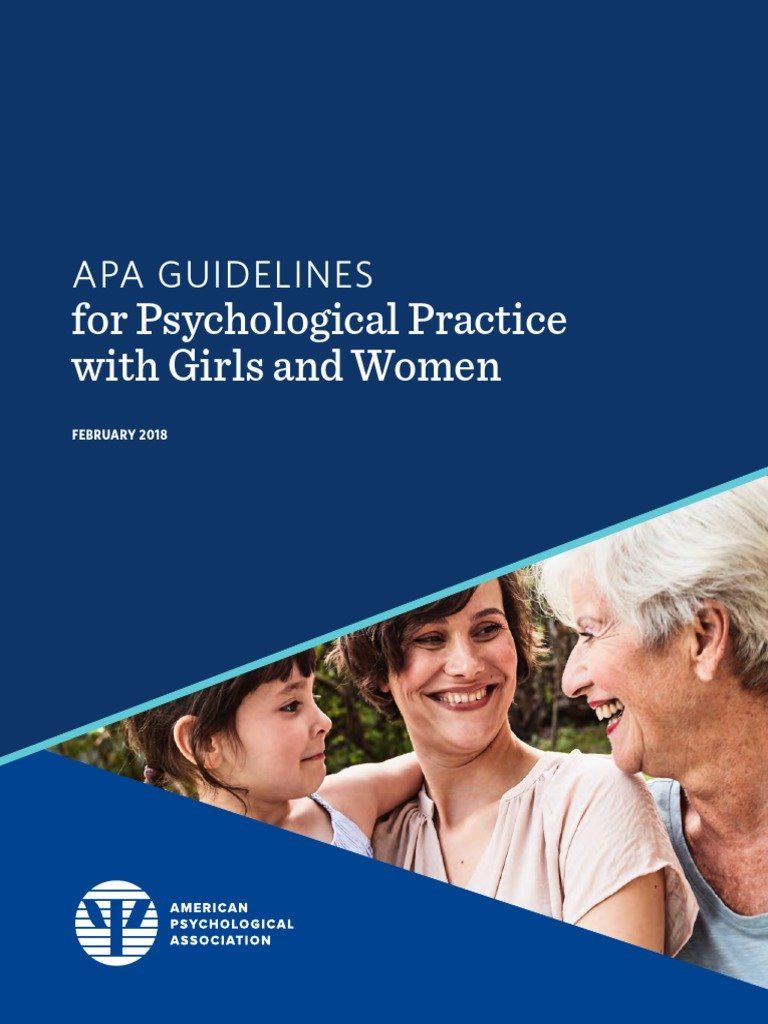
Green, M. A., & Ward, M. (2018). Guidelines for Psychological Practice with Women and Girls: Media Section. Report of the American Psychological Association: Washington, DC.
-

Green, M. (2009). The challenges and triumphs of eating disorder treatment: An analysis from eating disorder specialists. Invited book review. Psychology of Women Quarterly.









